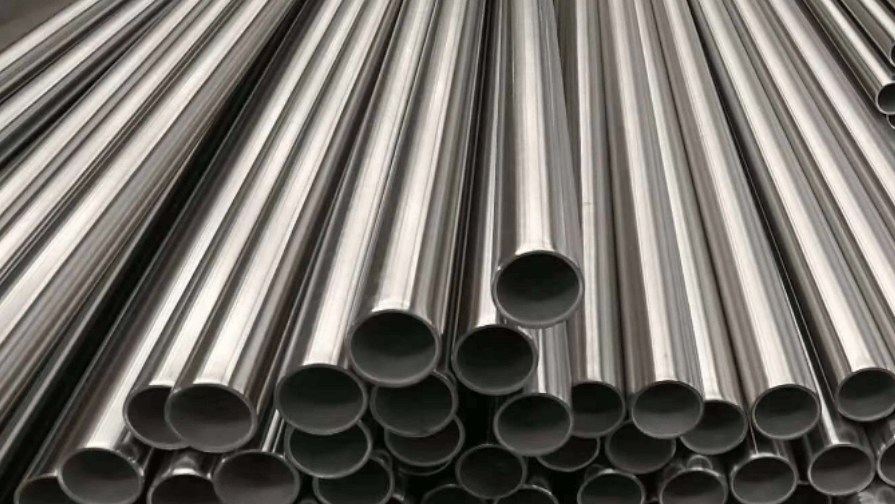Many of our customers have such a question: Monel vs Phosphor Bronze – What’s the difference? Today, we’ll embark on an exploration of the differences between Monel and Phosphor Bronze, two alloys that, while distinct, share some commonalities in their applications and properties.

Monel vs Phosphor Bronze – What’s the Difference?
Let’s begin with Monel, a nickel-copper alloy renowned for its exceptional corrosion resistance and mechanical properties. Monel alloys, such as Monel 400, are highly resistant to a wide range of corrosive environments, making them ideal for use in marine applications, chemical processing, and other industries where exposure to harsh chemicals is common. Their ductility and toughness also allow them to be formed into intricate shapes and structures, further enhancing their versatility.
On the other hand, Phosphor Bronze is an alloy primarily composed of copper with the addition of phosphorus and other elements. This alloy is known for its excellent strength, corrosion resistance, and electrical conductivity. Phosphor Bronze is often used in applications that require high wear resistance and good electrical properties, such as in springs, bearings, and electrical contacts.
Now, let’s delve into the key differences between these two alloys.
Monel vs Phosphor Bronze – 1. Corrosion Resistance
Firstly, in terms of corrosion resistance, Monel alloy holds a distinct advantage over Phosphor Bronze. Monel’s nickel content provides it with superior resistance to a variety of corrosive media, including oxidizing acids and reducing environments. Phosphor Bronze, while corrosion-resistant to a certain extent, may not perform as well as Monel in extreme or highly corrosive conditions.
Monel vs Phosphor Bronze – 2. Mechanical Properties
Secondly, the mechanical properties of these alloys differ significantly. Monel alloys exhibit high ductility and toughness, enabling them to be easily formed and shaped. Phosphor Bronze, on the other hand, is known for its high strength and wear resistance, making it suitable for applications that require a material that can withstand heavy loads and frequent wear.
Monel vs Phosphor Bronze – 3. Electrical Properties
Thirdly, the electrical properties of Phosphor Bronze give it an edge in certain applications. Phosphor Bronze’s excellent electrical conductivity makes it a preferred choice for use in electrical contacts and other components where good electrical performance is crucial. Monel, while not as electrically conductive as Phosphor Bronze, still offers acceptable electrical properties for many applications.
Monel vs Phosphor Bronze – 4. Cost
Lastly, cost can be a factor in material selection. Monel alloys are typically more expensive than Phosphor Bronze due to their specialized composition and manufacturing processes. Phosphor Bronze, while not the cheapest alloy available, is generally more cost-effective than Monel, making it a more viable option for budget-constrained projects.
Conclusion
In conclusion, Monel and Phosphor Bronze are two alloys with distinct properties and applications. Monel excels in corrosion resistance and ductility, making it suitable for use in harsh environments and complex shapes. Phosphor Bronze, on the other hand, offers high strength, wear resistance, and electrical conductivity, making it ideal for applications that require these specific properties.
Thank you for reading our article and we hope it can help you to have a better understanding of the differences between Monel vs Phosphor Bronze. If you are looking for Monel Alloy suppliers online, we would advise you to visit Huaxiao Alloy.
As a leading supplier of Monel Alloy products from Shanghai China, Huaxiao Alloy offers customers high-quality Monel 400 Alloy, and Monel K500 at a very competitive price.



